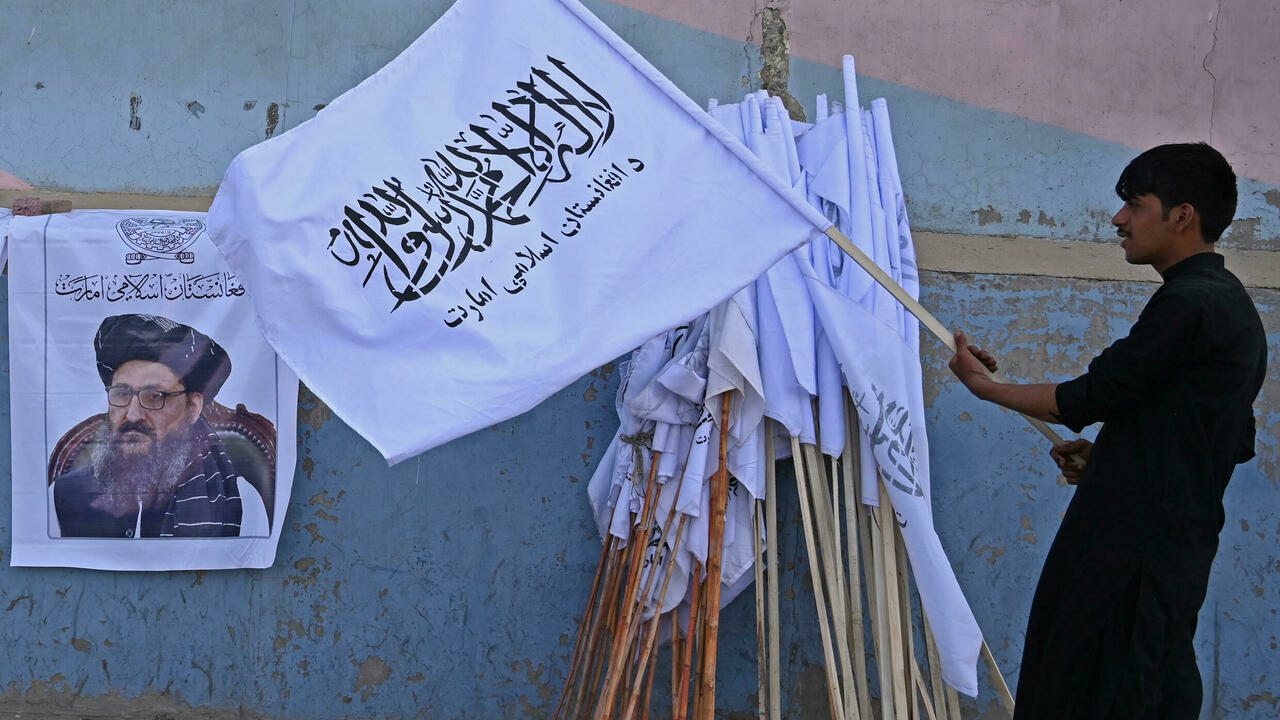
Russia has recognised that Pakistan has some power in the Afghan-Pak region realising which Russia has increased its dialogue with Pakistan.
Deeply concerned about the situation in Afghanistan and the region, the Vladimir Putin administration had flown to Islamabad a top-level Russian defence delegation, which held talks with its Pakistani counterpart on Wednesday.
Even though Pakistan is busy projecting to the world the move as a sign of deepening ties, Moscow said that it was the Afghanistan issue which dominated the discussions between the two countries.
“The participants of the third meeting of the Russian-Pakistani military advisory committee on defence and security, held in Islamabad on Wednesday, assessed the current situation in Afghanistan,” announced Russia’s Deputy Minister of Defence Alexander Fomin, who headed the delegation at the meeting.
The meeting was co-chaired by Pakistan’s First Deputy Minister of Defence Mian Muhammad Hilal Hussain.
“A wide range of issues related to the military-political situation in Afghanistan were discussed in an in-depth and constructive manner,” Fomin said after the meeting, noting that “the need to deepen our cooperation is due, among other things, to the rapid development of the situation in this country.”
Moscow stressing that the “need to deepen cooperation is due” is being seen as a good enough message from the Kremlin on what it expects from the Imran Khan government.
The Deputy Defence Minister of Russia, according to the country’s defence ministry, also made it clear to Islamabad that the issue related to the situation in Afghanistan is “one of the most important on the political agenda”.
It is amply clear now that the future of relations between Russia and Pakistan could very well depend on how much the latter contributes to improving the situation in neighbouring Afghanistan and ensuring regional stability.
Analysts point out that Moscow recognises that, because of its umbilical ties with the Taliban, Pakistan is a top influencer of developments in Afghanistan. Miffed by the role of the Pakistani spy agency in handpicking a pro-Islamabad government in Kabul, the Russians have stepped their advocacy of an inclusive government in Afghanistan, where all minorities in the country, including the ethnic Tajiks, Uzbeks and Hazaras are suitably represented in the government.
Sergey Lavrov, the Russian Foreign Minister, had in New York last week mentioned that the inadmissibility of the spread of extremism to neighbouring countries and the persistence of terrorist threats on Afghan territory remains the main priority for Moscow.
“We will in every possible way support the resolve of the Taliban, which they have declared, to fight ISIS and other terrorist groups, to ensure that it is embodied in practical steps,” Lavrov had commented following the 76th session of the UN General Assembly.
After the Taliban takeover of Kabul last month, Lavrov had emphasised that the ‘Moscow format’ has the best chance to succeed in Afghanistan since the situation had taken on a region-wide dimension, and neighbouring countries and countries located further away from Afghanistan were responding to it.
The Moscow format was introduced in 2017 on the basis of the six-party mechanism for consultations between special representatives from Russia, Afghanistan, India, Iran, China and Pakistan. Its main objective is listed as facilitating the national reconciliation process in Afghanistan and securing peace in that country as soon as possible.
Kazakhstan, Tajikistan, Kyrgyzstan, Uzbekistan and Turkmenistan had also joined the partner countries when the first round of consultations took place on April 14, 2017.






